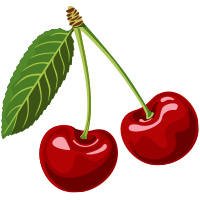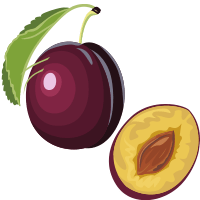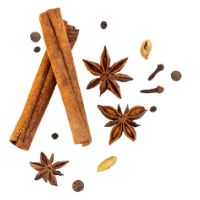Fidora’s Amarone Monte Tabor is made from Corvina (60-65%), Corvinone (25%), and Rondinella, grown on a single slope in the Illasi Valley, east of Verona. The vineyard belongs to Monte Tabor, which has been organically farmed since 1992. The vines are trained in pergola style at an altitude of 220-500 meters, on limestone-rich soils, which produce very aromatic and complex wines. The elevation allows for good ventilation and coolness between the rows, ensuring very healthy grapes.
A selection of the best bunches is harvested in September-October and left to dry for 3-4 months using the “appassimento” technique in small crates in large, ventilated rooms called “Fruttai.” During this process, the grapes lose about 40-50% of their weight, but their aroma, flavor, and sugar are highly concentrated. In January-February, the grapes are gently destemmed and crushed. Fermentation proceeds slowly in tanks, lasting around 30 days. After pressing, the wine is transferred to French oak barrels (228 l and 500 l) and aged for around 42-50 months. After bottling, the wine is further matured for 12 months.
Fidora’s Amarone is dark in color and very complex in aroma and taste, with a fantastic balance between concentration and finesse. You’ll find classic Amarone notes: cherry, plum, spices, and dried fruits. It finishes with both finesse and crispness, but also a lovely, velvety style where notes of mocha and bitter chocolate mingle. A very well-made wine for the finest culinary creations with duck, lamb, beef, and game.
Fidora owns 160 hectares of land spread across four estates in Valpolicella (Monte Tabor), Valpolicella Classico (Tenuta Fraune), Valdobbiadene (Collagù), and in the Veneto countryside (Civranetta). However, only about 100 hectares are planted with vines, and uniquely, each plot is protected by a natural fence of trees, shrubs, and wild plants. This not only protects the vineyards from neighboring chemical use and harsh weather conditions but also promotes biodiversity and rich wildlife.
Today, the younger generation, led by Emilio Fidora, continues the family legacy. Emilio’s grandfather, Guido Fidora, transitioned to organic farming as early as 1974 – becoming the first producer in Veneto to do so.
At that time, the widespread belief was that chemicals were the “right” way to ensure high yields. Despite the fact that wine had been grown for thousands of years without chemicals, there were no books or studies on how to cultivate without them, so Fidora learned through experience.
Each vineyard reflects a philosophy based on two main goals: the development of biodiversity and the absence of chemicals, including the belief that good wine should not only taste good but also convey emotions. The healthier the vineyards, the better the fruit, and of course, the wine. By treating the land with respect, it returns the best and healthiest crops.



